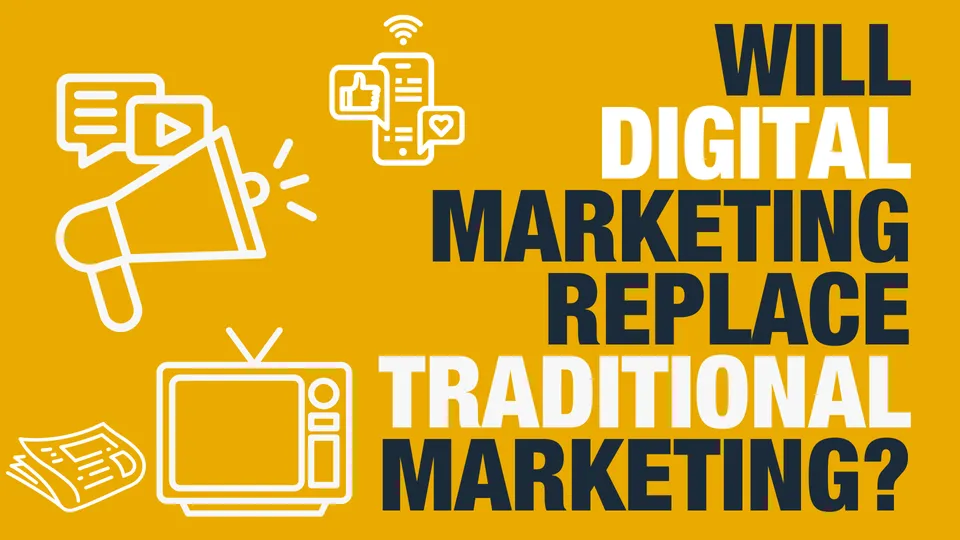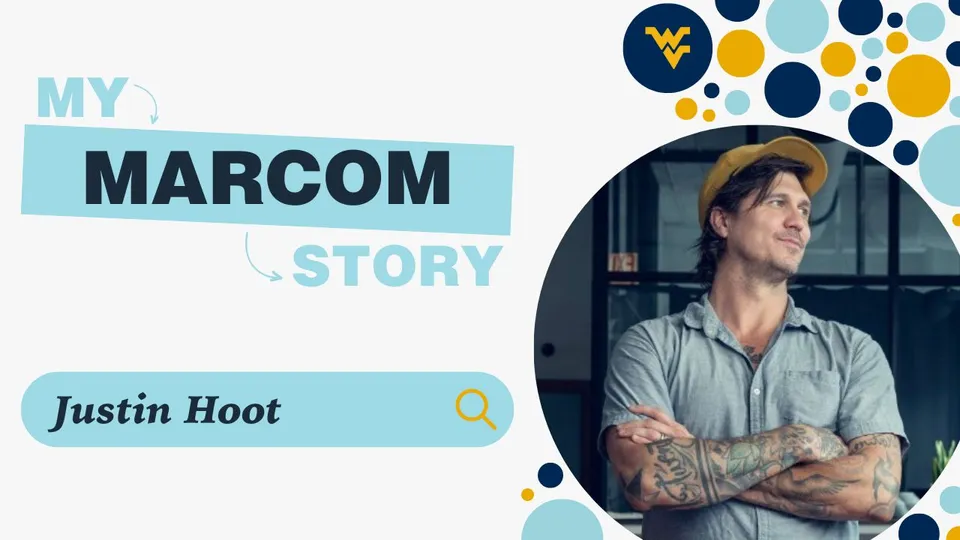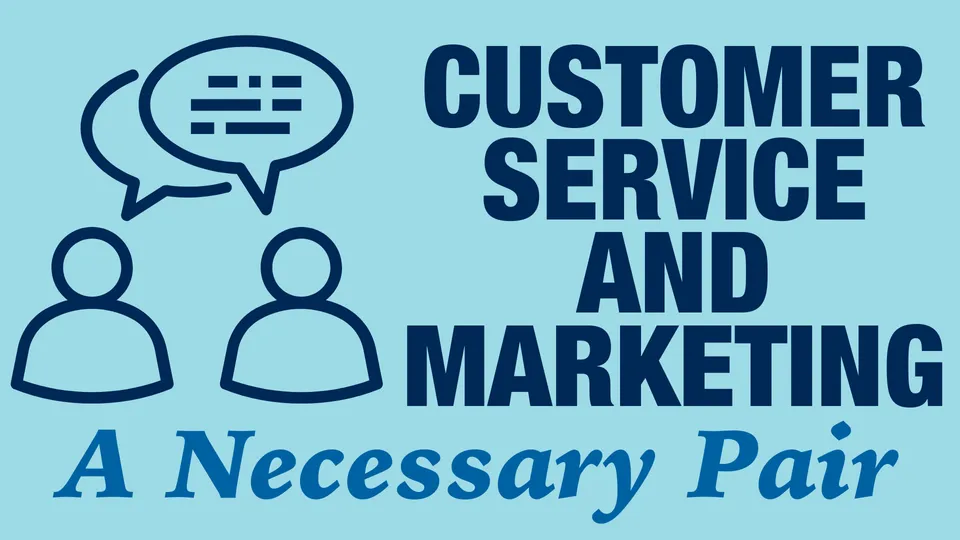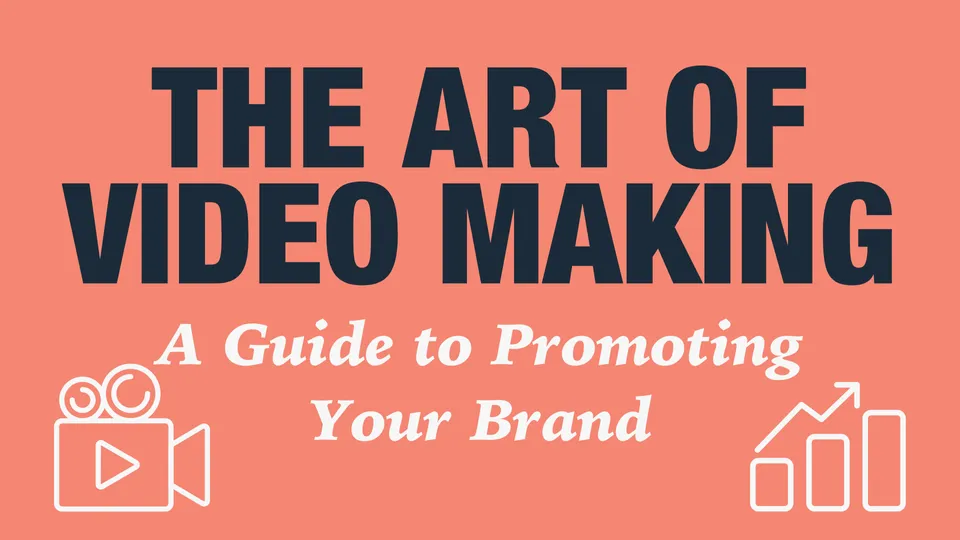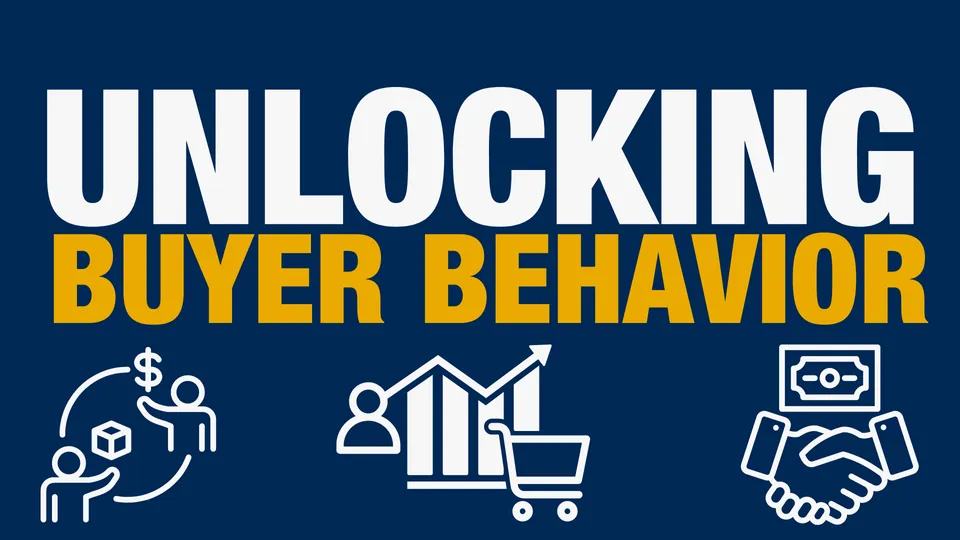About Marketing Communications Today
Marketing Communications Today is a collection of resources for marketing communications professionals filled with industry research, marketing trends, and career information about integrated marketing and data-driven communications. Learn industry insights through the Marketing Communications Today blog, podcast, as well as Integrate Online.
Fueled by the academic innovation coming out of WVU’s own Integrated Marketing Communications, Data Marketing Communications and Digital Marketing Communications programs, this content will provide both aspiring learners and seasoned marketing professionals with better insights into what’s now and what’s next in marketing and communications.
Subscribe for Email Updates Submit a Content Proposal Tune into the Podcast Attend Integrate Online
